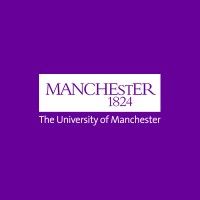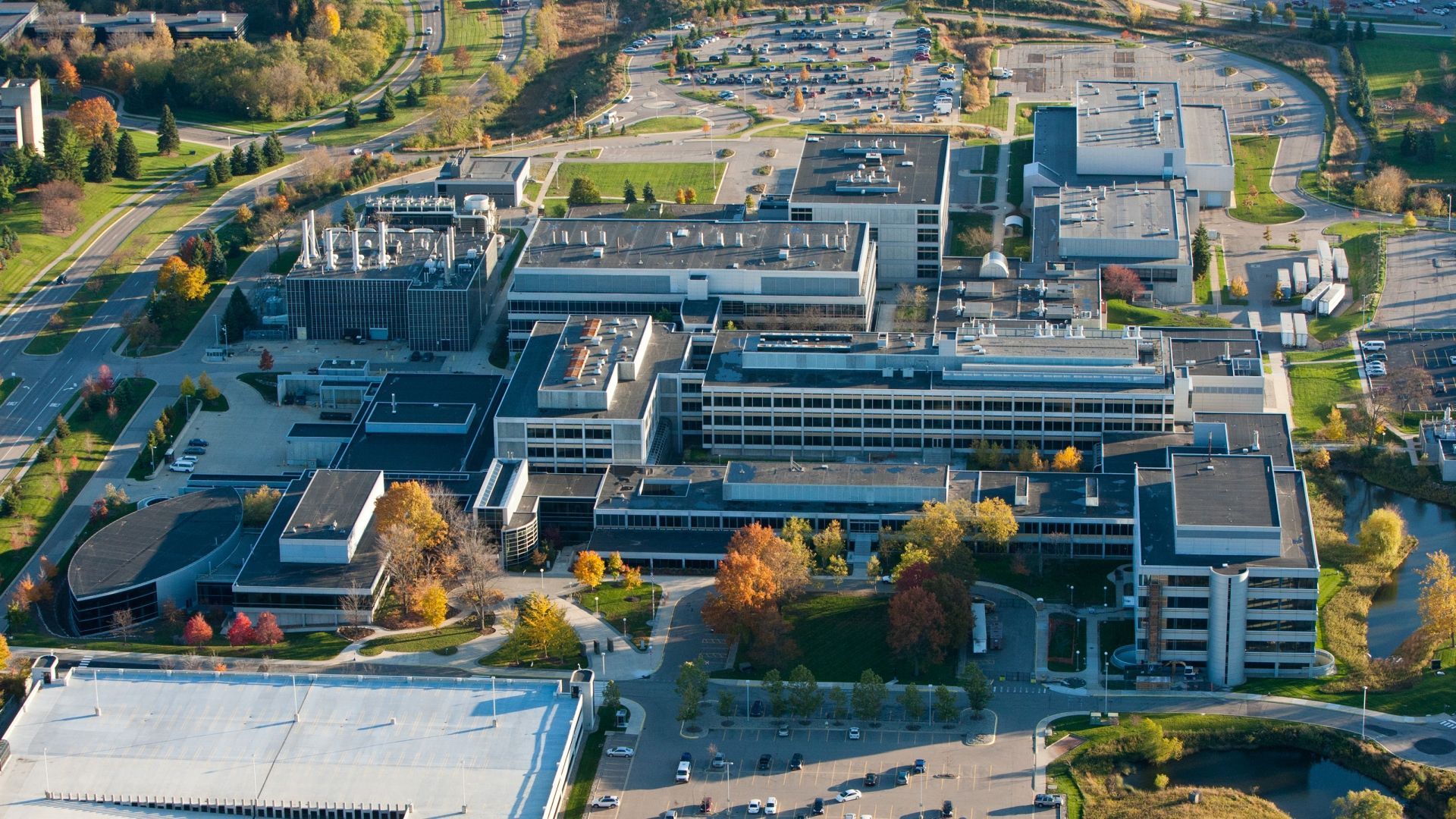
The University of Manchester

Nazir Afzal (Chancellor)
Summary
The University of Manchester is a public research university located in Manchester, England. It is part of the Russell Group of universities and has a global reputation for teaching excellence and research innovation. With a rich history of world-first discoveries and breakthroughs, the university has 25 Nobel Prize winners among its current and former staff and students. The university's purpose is to advance education, knowledge, and wisdom for the good of society, with research and discovery, teaching and learning, and social responsibility at the heart of everything it does.
The University offers a wide range of undergraduate, postgraduate, and CPD courses, and is one of the most popular universities with students in the UK and internationally. The university owns and operates major cultural assets, including the Manchester Museum, The Whitworth art gallery, the John Rylands Library, the Tabley House Collection, and the Jodrell Bank Observatory, which is a UNESCO World Heritage Site.
The University has a consolidated income of £1.2 billion, with £270.6 million from research grants and contracts. It has the seventh-largest endowment of any university in the UK. The university is a member of the Russell Group, the N8 Group, and the US-based Universities Research Association. Its alumni community is the largest of any campus-based university in the UK, with over 500,000 graduates in more than 190 countries around the world.
History
The history of the University of Manchester dates back to the 19th century, with the founding of two separate institutions: the Manchester Mechanics' Institute in 1824 and Owens College in 1851. The Mechanics' Institute was established to provide working individuals with a practical education in science, with the aim of encouraging innovation and advancements within their trades and professions. Owens College, on the other hand, was founded as a non-denominational college for men, with a curriculum that included classical studies and modern languages.
In 1872, Owens College became affiliated with the Victoria University, a federal university comprising colleges in Manchester, Liverpool, and Leeds. The affiliation allowed Owens College to award degrees in science and the arts, and in 1880 it was granted a royal charter to become the Victoria University of Manchester.
The University of Manchester Institute of Science and Technology (UMIST) was founded in 1956, building on the tradition of the Mechanics' Institute. UMIST focused on science, engineering, and technology, and was known for its research in these fields. In 2004, UMIST merged with the Victoria University of Manchester to form the University of Manchester, which is now one of the largest universities in the UK.
Throughout its history, the University of Manchester has been at the forefront of many important discoveries and breakthroughs. For example, in 1917, Ernest Rutherford conducted the first splitting of the atom at the university, leading to the development of nuclear physics. More recently, in 2004, researchers at the university discovered graphene, a revolutionary new material that is stronger than steel, yet incredibly light and flexible.
Today, the University of Manchester is a world-renowned institution with a global reputation for teaching and research excellence. Its alumni include many notable figures, including 25 Nobel Prize winners.
Notable scientists associated with the university include Ernest Rutherford, Niels Bohr, and Alan Turing, while famous alumni include architect Norman Foster, author Anthony Burgess, and composer Peter Maxwell Davies. The university continues to strive for excellence, with the aim of being one of the top 25 universities in the world.
Courses
The University of Manchester offers a wide range of undergraduate, postgraduate, doctoral, and research courses and programs across a variety of subject areas. Its undergraduate programs cover subjects such as accounting and finance, architecture, biology, chemistry, computer science, economics, engineering, history, law, management, medicine, modern languages, physics, politics, and sociology, among others.
At the postgraduate level, the university offers a range of master's degree programs, including taught master's programs, research-based master's programs, and professional master's programs. These programs cover a wide range of subjects, including business and management, computer science, education, engineering, environmental sciences, humanities, law, life sciences, medicine, and social sciences.
The university also offers a wide range of doctoral programs, including PhDs and professional doctorates, across a range of subject areas. These programs are designed for students who want to pursue advanced research in their field and make significant contributions to their discipline.
In addition to its degree programs, the University of Manchester is also home to a number of research centers and institutes, covering areas such as biosciences, energy, materials science, social sciences, and humanities. These centers and institutes offer a range of research opportunities for students at all levels, including undergraduate research opportunities, postgraduate research programs, and doctoral research programs.
Global MBA rankings
According to the Financial Times Global MBA Rankings 2022, the Alliance Manchester Business School at the University of Manchester is ranked 26th in the world for its MBA program. The school is also ranked 5th in the UK and 12th in Europe for its MBA program.
The Financial Times Global MBA Rankings assess MBA programs on a range of criteria, including alumni salaries, career progress, and the diversity of the student body and faculty. The ranking is widely regarded as one of the most comprehensive and authoritative assessments of MBA programs worldwide.
Job integration rate
The University of Manchester has a strong track record of graduate employability, with a high job integration rate. According to the latest data available from the university, 94.2% of graduates were in work or further study within six months of completing their degree in the academic year 2019/20. This figure is based on a survey of UK, EU and international graduates who completed their studies at the University of Manchester.
General information
https://en.wikipedia.org/wiki/University_of_Manchester
https://www.studentcrowd.com/university-l1004037-s1008332-the_university_of_manchester-manchester
https://www.timeshighereducation.com/world-university-rankings/university-manchester
https://www.topuniversities.com/universities/university-manchester
Explore the latest data on Business, Industry Leaders and Influencers, Organizations, Education, and Investors to stay informed and ahead.

Nazir Afzal (Chancellor)
